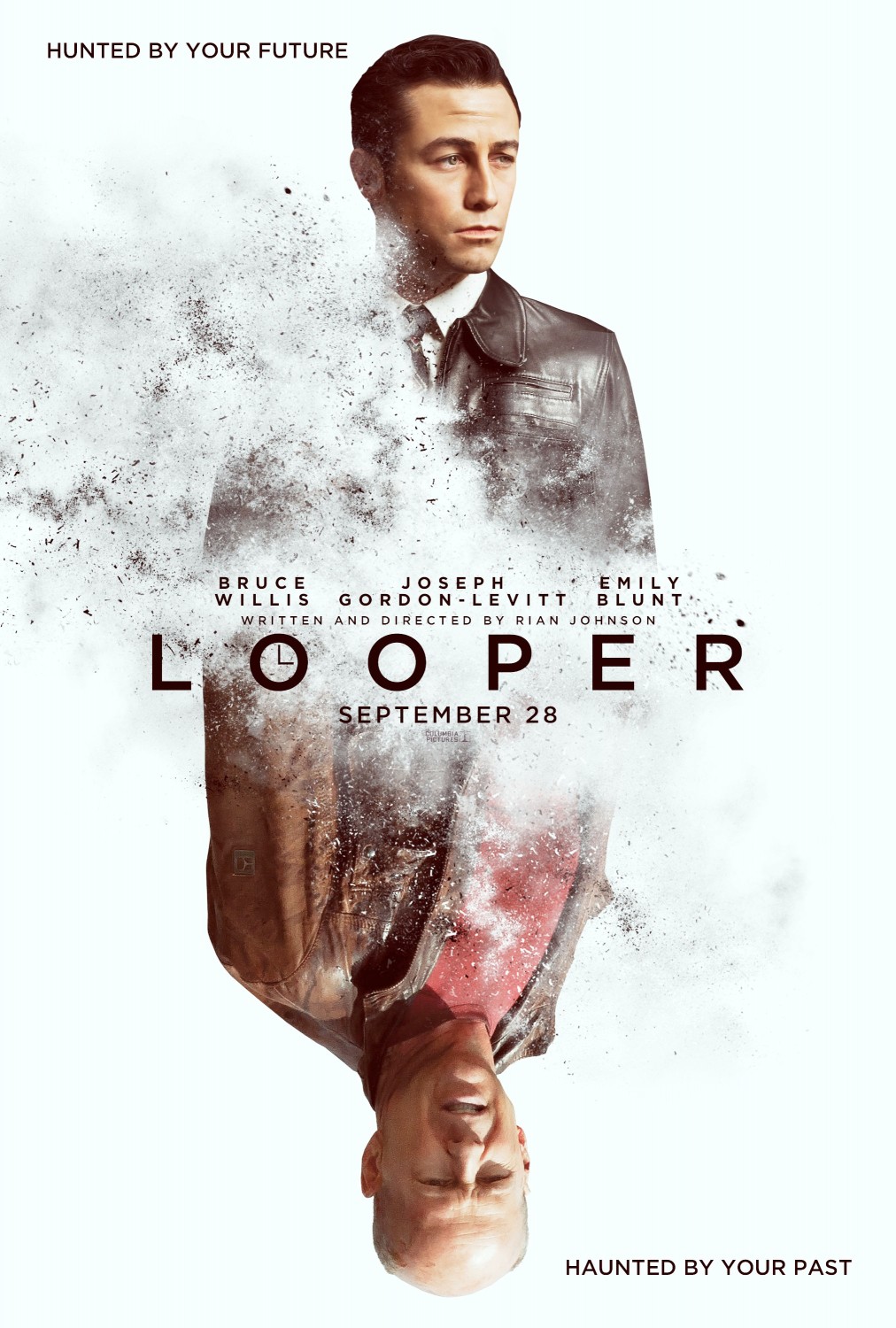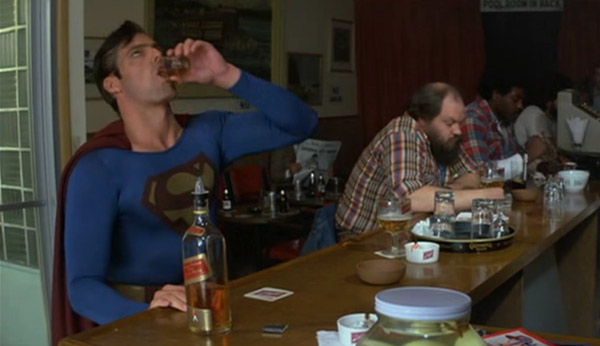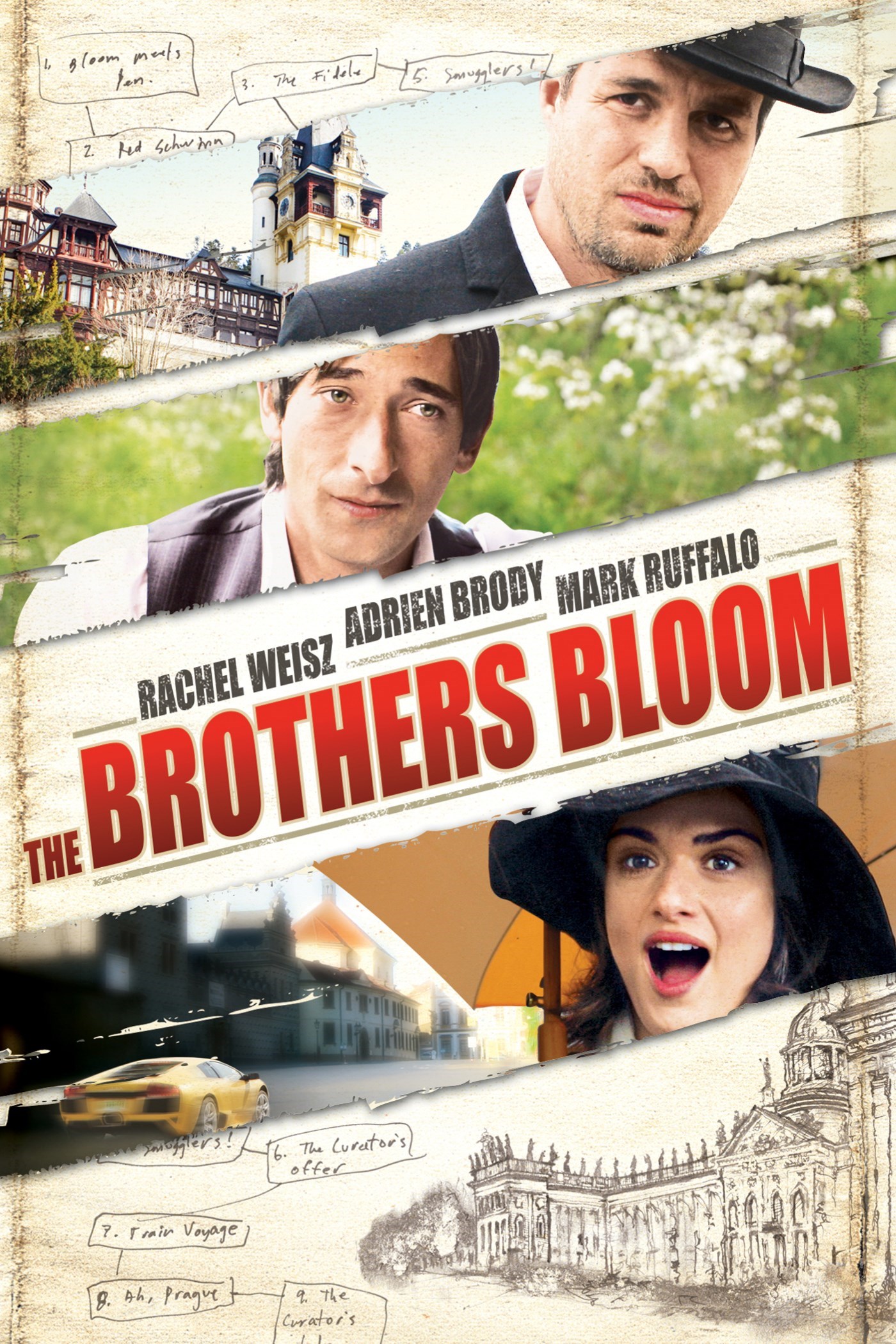This Post Has No Title
 Someone – I think it was Nick Mamatas – recently made a sarcastic Facebook or Twitter post, expressing mock-surprise that a “multi-million dollar Hollywood movie isn’t the Communist Manifesto” (or words to that effect). The thing being mocked there is the way in which it seems that some on the Left will criticise an expensive (and, the studios hope, profitable) product of the mass-market corporate capitalist culture industries for not being something it was obviously never going to be, and never could be.
Someone – I think it was Nick Mamatas – recently made a sarcastic Facebook or Twitter post, expressing mock-surprise that a “multi-million dollar Hollywood movie isn’t the Communist Manifesto” (or words to that effect). The thing being mocked there is the way in which it seems that some on the Left will criticise an expensive (and, the studios hope, profitable) product of the mass-market corporate capitalist culture industries for not being something it was obviously never going to be, and never could be.
As it turned out – for a host of complex and contingent historical reasons – cinema and television became almost-overwhelmingly comforting and placating instantiations of the spectacle. Every now and again a big movie will come along, like Mad Max Fury Road or (I’d argue) Prometheus, which contains aspects of radical critique within its aesthetic and/or thematics. But firstly, this happens rarely, and only when a host of other factors constellate. Based on the cited examples, I’d be tempted to suggest that franchises and auteurs have something to do with it, which is interesting, as is the way those two things are clearly related in the mentioned cases. In any event, both films are akin to aberrations which can slip out occasionally, not despite but because of the existence of an overarching and hegemonic mainstream with tightly policed ideological rules and regulations. To be crude about it: they can happen only because they are, by definition, exceptions to the rule. And then, of course, we have to ponder what effect they actually have. I am – as far as I’m aware – the only person who detected a metaphor in Prometheus about the fascist impulse immanent within all imperialist Westernism, about fascism as a syncresis, concatenation, and meta-expression of Western culture’s id), so I’m unsurprised to learn that it hasn’t led many people to fundamentally question Western civilisation’s foundation on the principles of racist empire. Basically, to notice it (or to construct it through your relation with the text) you have to already feel it – which gives us a clear idea of its capacity for agitation. Mad Max Fury Road possibly had more effect, in that it may have helped give some expression to a burgeoning new feminist consciousness in some Western women and men.
I strongly suspect that media has very little ability to directly influence particular opinions or attitudes. That isn’t how it works. Media, over time, as part of a hegemonic ideological system, reflects, reinforces, and normalises certain assumptions and impressions. When it comes to ideological production via media, individual representations probably mean less than the trends of representations over swathes of media, over long periods. This is why one decent bit of representation is not going to achieve very much, except as part of changing trends. These trends can be positive, but that’s the exception. And the positive effect is minor, especially if we confine ourselves to thinking about the direct effects of one representation.
Of course, it’s easy for me to kvetch about the uselessness of representations.…


 Looper
Looper Hello everyone,
Hello everyone,  At first glance, there are relatively few similarities between
At first glance, there are relatively few similarities between  At long last,
At long last,